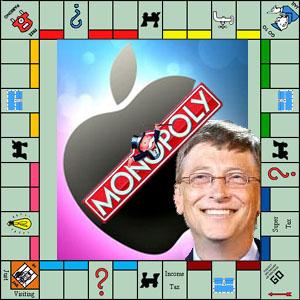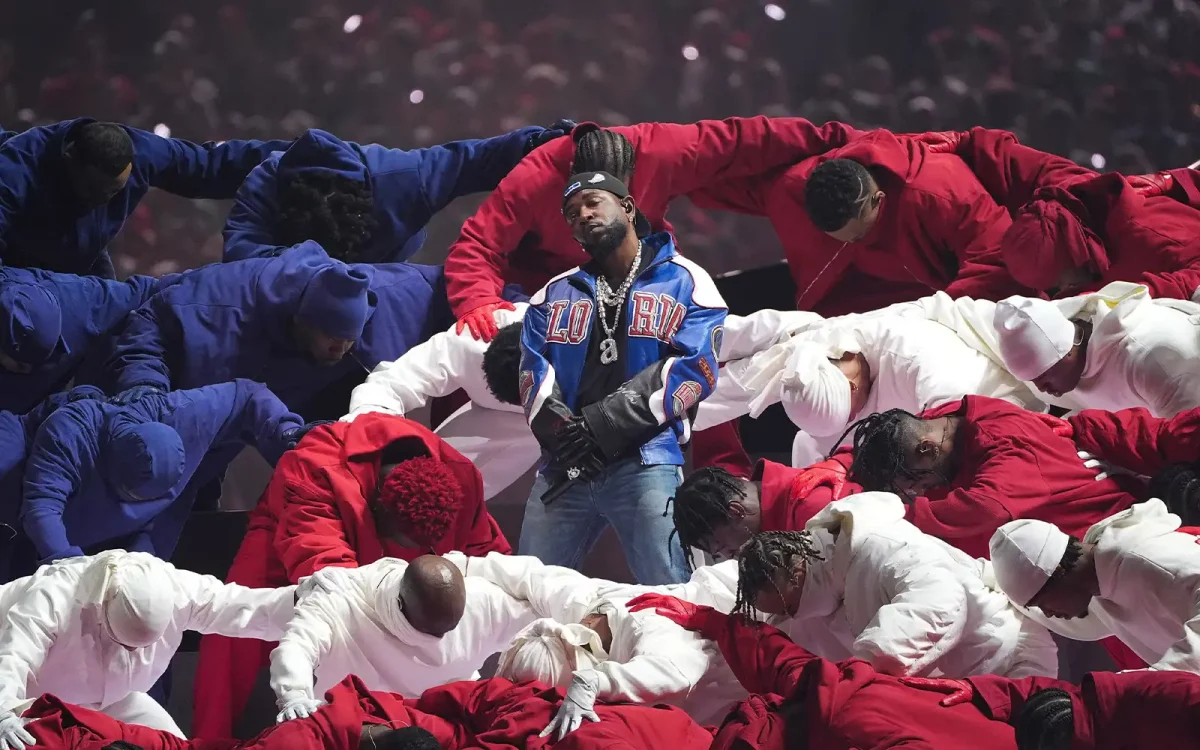
Creating empires, destroying lives… it’s all in a days work for a mogul. Despite this, many family-night participants don’t consider the implications of the beloved “Monopoly” game by Hasbro; that in the real world, closing out businesses, buying out the competition, and risking millions of dollars is, in fact, a real-world enterprise.
The concept of monopolizing markets has been around since the end of nomadic times and the start of inter-cultural trade (i.e. Persians and rugs, the Chinese and silk). However, the “monopoly monster” corporations, who hold complete ownership of their respective industries, have only been around for the past century and a half – since the times of John Rockefeller, Andrew Carnegie, and Leland Stanford.
To prevent further business tycoons from rising and overpowering the social economy, then-President Theodore Roosevelt enacted “trust-busting” policies, blocking any further monopolies… or so he thought.
With the creation of unforeseen technologies (cell phones, personal data keepers, laptops, tablets, etc.), Roosevelt’s laws.. well.. busted. Creative licensing and intellectual property laws held no provisions for these new, unfamiliar markets. Therefore, patents for these new products remained exclusive.
As these products became more and more popular and consumers purchased only certain brands (otherwise known as “brand loyalty”), monopolies once again reared into the markets.
One of the most notable early cases of a monopoly was Microsoft in the 90s. Faced with massive demand and no opposition, Bill Gates (the company’s founder and CEO) became the wealthiest man in the world. Once lobbyists and, eventually, consumers began stating their displeasure at Gates’s ridiculous amassing of wealth and “ruthless business practices”, the government had to take notice.
Bent on “busting” Gates’s company (and his influx of cash…), the government moved forward with an anti-trust case, aimed at breaking Microsoft into sub-companies, under Roosevelt’s previous legislation.
The government ultimately had to stop the break-up proceedings and pursue lesser punishments for Microsoft, after advisers urged Gates to repair his public image, thereby gaining favor with the masses. The final verdict allowed “PC manufacturers to adopt non-Microsoft software.”
The United States v. Microsoft verdict may have only created opportunities for other manufacturers, rather than breaking up the corporation entirely, companies like AT&T and Apple are facing harsher legal scenarios.
AT&T was recently denied the purchase of T-Mobile, and Apple is barely sliding by – in terms of their legal validity. Even Google and Facebook are under the government’s watchful eye.
AT&T has a court date scheduled for February 2012 over their business-dominating policies. Meanwhile, Apple’s diverse productivity begs for deeper anti-trust consideration.
The renewed interest in trust-busting has so far been limited to companies with new technologies, but maybe sometime soon the fight will renew against the Oil tycoons that are pulverizing gas prices.


















